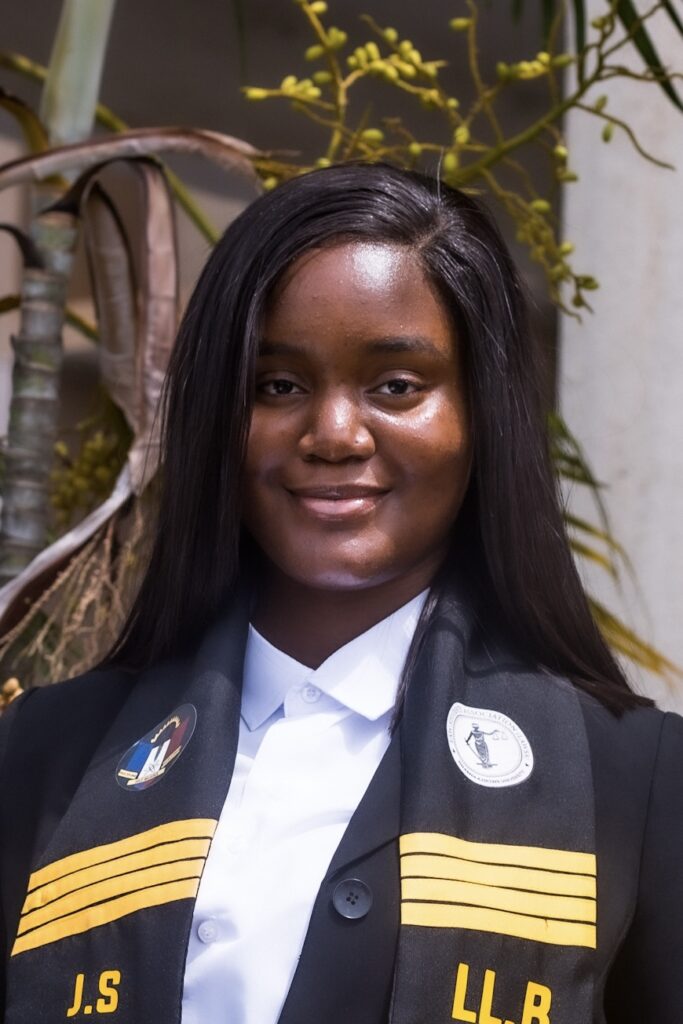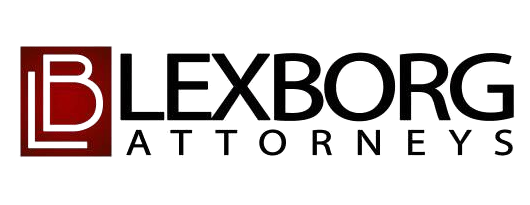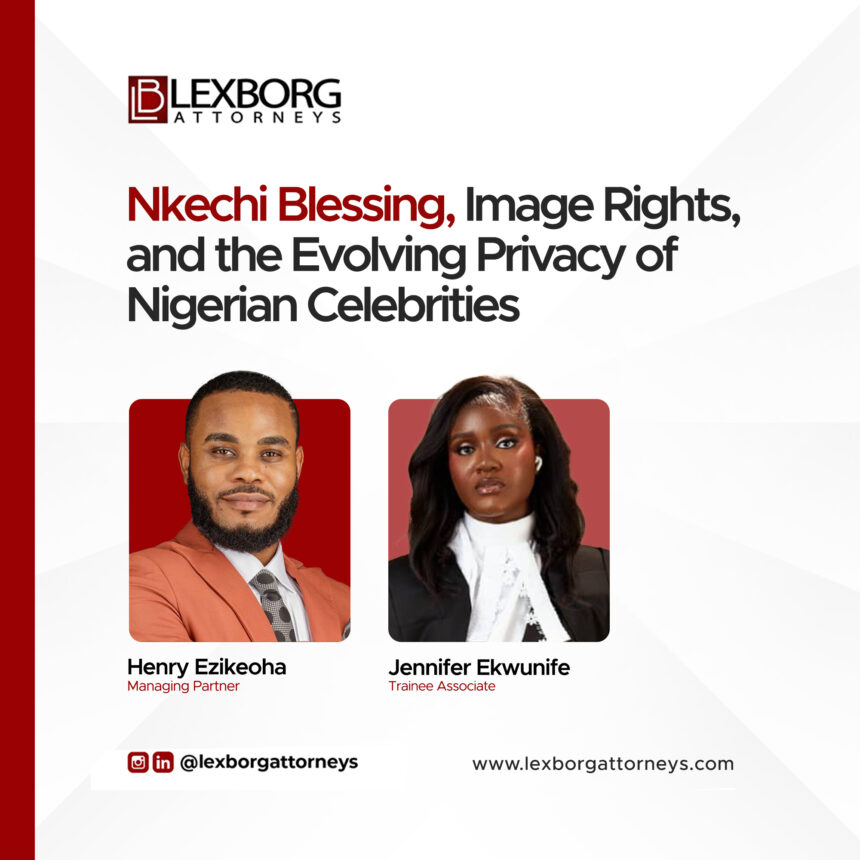The recent viral photo of actress Nkechi Blessing at the gym sparked a familiar online frenzy. Captured unposed and seemingly unaware, the image quickly became fodder for public commentary, ranging from body-shaming to spirited defense. While Nkechi Blessing adeptly turned the tables with her “Big Belle Challenge,” the incident throws into sharp relief a persistent dilemma of the digital age and an ever-reoccurring question of: where does a celebrity’s right to privacy end, and the public’s insatiable appetite for their image begin?
This question forces us to examine the delicate balance between individual privacy and the pervasive nature of public scrutiny, especially for those in the limelight within the Nigerian context.
The Nigerian Legal Gaze: Protecting Personal Likeness
At the center lies the fundamental Right to Privacy, enshrined in Section 37 of the Constitution of the Federal Republic of Nigeria 1999. This constitutional pillar asserts that every Nigerian has a right to the privacy of their person, home, correspondence, telephone conversations, and telegraphic communications. While it does not explicitly mention “image,” legal interpretation extends this to encompass one’s likeness, implying that a person’s image is an integral part of their private sphere, not to be exploited without consent.
Beyond privacy, the concept of Image Rights often referred to as the Right of Publicity protects the commercial value of an individual’s likeness. While Nigeria lacks a single, dedicated statute on “Image Rights,” courts have historically protected individuals from the unauthorized commercial use of their identity through principles like Passing Off. This prevents someone from using a celebrity’s image to falsely imply endorsement or capitalize on their goodwill. The Copyright Act also plays a role, as a photograph is an artistic work whose copyright belongs to the photographer. However, the subject of the photo keeps rights against its misuse, especially if it is employed in a way that implies false association or endorsement.
Crucially, the new Nigeria Data Protection Act (NDPA) 2023 adds another layer of protection. It explicitly includes images as “personal data,” mandating that the “processing” (which includes collection, storage, and publication) of such data requires the explicit consent of the data subject – the individual whose data is being processed. This law significantly strengthens a celebrity’s hand against unauthorized image distribution.
The Gym: Public Space or Private Sanctuary?
A critical factor in cases like Nkechi Blessing’s is the “expectation of privacy.” Generally, in truly public spaces like a bustling street or a public park, a celebrity’s expectation of privacy diminishes. They are deemed to have, to some extent, accepted the risk of being photographed.
However, a gym operates differently. It is a private establishment, accessible only to members or paying guests, often with rules against photography. Within such a space, individuals have a reasonable expectation of privacy that is significantly higher than on a public thoroughfare. People go to the gym to work out, not to pose for paparazzi or be subjected to unsolicited public commentary. The act of photographing someone without their consent in such an environment especially if it is done to capture them in an “unflattering” or vulnerable moment is a clear intrusion and a potential breach of privacy. Moreover, the gym itself could face liability for not ensuring a safe and private environment for its members.
“Public Interest” vs. “Lurid Curiosity”
The classic defense for publishing unauthorized images of celebrities often hinges on “public interest.” The argument posits that because celebrities actively seek public attention, they inherently give up a degree of their privacy. However, a crucial distinction must be made between what is genuinely “of public interest”, information that contributes to public discourse, accountability, or understanding of their public role and what is “merely interesting to the public” sensational gossip, mockery, or details of their mundane private life.
A photo of Nkechi Blessing working out at a gym falls squarely into the latter category. It provides no significant insight into her craft, public persona, or any matter of legitimate societal concern. Instead, it caters to prurient curiosity and, as seen in the reactions, often facilitates body-shaming or unwarranted critique. This kind of content serves little purpose beyond entertainment and violates the subject’s dignity.
Reclaiming the Narrative: A Celebrity’s Power
Nkechi Blessing’s response to the viral image was a masterclass in resilience and narrative control. By starting the “Big Belle Challenge,” she not only diffused the negativity but also used the attention to her advantage, transforming a moment of potential humiliation into an interactive, positive engagement with her audience and fans.
This incident is a potent reminder that in the age of ubiquitous smartphones and instant sharing, the lines of privacy are increasingly blurred with most of the public not aware of when they are crossing the lines.
For the public, it is a call for greater respect and empathy; for gym owners and similar establishments, it’s a directive to enforce privacy policies; and for celebrities, it underscores the continuous battle to protect their image and personal space. Ultimately, an individual’s image, whether celebrity or not, remains a fundamental aspect of their identity and should be treated with the respect and consent it deserves.
AUTHORS

MANAGING PARTNER

TRAINEE ASSOCIATE
INFO@LEXBORGATTORNEYS.COM

